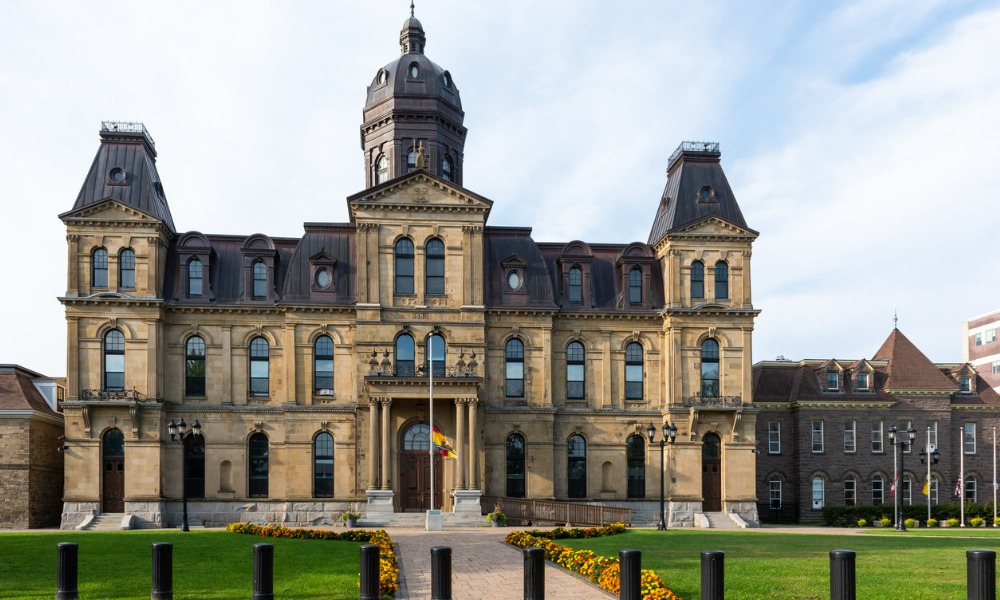The proposed law seeks to place phased-in assessment values on 'multiunit residential buildings'

The New Brunswick government has introduced legislation to spur the development of rental units across the province and alleviate supply-and-demand cost pressures faced by tenants.
An Act Respecting the Assessment Act (Bill 14) proposes amendments to the Assessment Act, including placing phased-in assessment values on “multiunit residential buildings.” A multiunit residential building refers to a residential building with two or more rental units that: (a) is or will be newly constructed; (b) is or will be undergoing major construction; (c) is or will be established by a change in the use of an existing building that is or will be undergoing major construction; or (d) has been vacant for at least two years and is or will be undergoing major construction.
Under the bill, the assessment for either residential building is set at 33 percent of its actual value in the first year, 66 percent in the second year, and 100 percent in the third year.
“As part of a provincewide approach to address affordable housing, we are introducing measures to encourage the development of new rental units,” Service New Brunswick Minister Jill Green said. “Increasing the supply of rental units will help reduce pressures on the rental market and decrease costs that would normally be passed on to tenants.”
The province confirmed that the bill is in addition to the property tax relief program introduced earlier this year for owners of non-residential properties and apartment buildings with four rental units or more. Moreover, a spike protection mechanism is currently in place for owner-occupied residential properties having an assessment increase of over 10 percent. This mechanism was implemented in 2013 to protect eligible homeowners from significant one-year spikes in their assessment.
“As new construction and major renovations are excluded from the property tax relief program and spike protection mechanism, providing relief to these property owners would help offset the increase in property taxes for those who are most affected and encourage private sector businesses to develop new rental units,” Green said.
According to the province, the bill is expected to receive royal assent next month.










